- Video: A new medicine could bring an end to embarrassing excessive sweating
- Main causes of sweating
- Video: How To Stop Excessive Sweating | Causes & Treatments
- Hormonal imbalance
- Video: Body and Balance: Night Sweats - April 30th
- Diabetes
- Video: Extreme Hyperhidrosis: Dr. Lee Treats Patient's Uncontrollable Sweating | Dr. Pimple Popper
- Autonomic disorders
- What diseases are accompanied by excessive sweating
- General recommendations for sweating
- Excessive sweating treatment
- Video: HOW TO STOP EXCESSIVE SWEATING DERMATOLOGIST
- Rate the author (1)
- Comments (4)
Excessive sweating in women (hyperhidrosis) can have many causes, including:
- The menopause. During the menopause, women experience changes in hormonal balance that can lead to mood swings, headaches, night sweats, and excessive sweating.
- Stress. Strong emotional arousal can cause sweating, as this is one of the body's ways of responding to stress.
- Medications. Some medications, such as antidepressants, anticholinergics, and hormonal drugs, can cause excessive sweating.
- Inadequate hygiene. Poor hygiene or wearing synthetic clothing can lead to excessive sweating.
- Medical problems. Some medical problems, such as hyperthyroidism (overactive thyroid) or diabetes, can cause excessive sweating.

Treatment of hyperhidrosis in women may include the following methods:
- Antiperspirants. Antiperspirants can help reduce sweating by blocking sweat glands and reducing sweat.
- Sweat reduction treatments. These treatments may include Botox injections, iontophoresis, and laser therapy.
- Drugs. In some cases, medications, such as anticholinergics, can be used to reduce sweating.
- Lifestyle changes. Stress avoidance, proper nutrition, moderate exercise, and regular skin care can help reduce sweating.
If you have severe sweating, it's a good idea to see your doctor so they can determine the cause and the best treatment for you.
So, how to deal with excessive sweating - further in our article.
Video: A new medicine could bring an end to embarrassing excessive sweating

Main causes of sweating
Sweating is a natural process of removing toxins from the body and regulating body temperature. However, when sweating becomes severe or frequent, it may be a sign of some disease or disorder in the body. The main causes of sweating can be the following:
- High ambient temperature. When the environment is too hot, the body sweats to cool itself.
- Physical activity. During exercise, the muscles of the body generate heat and the body sweats to cool itself.
- Stress. In response to stress, the body may begin to actively produce sweat.
- Foods. Some foods, such as hot peppers, spices, and alcohol, can cause sweating.
- Medications. Some medications, such as antidepressants, anticholinergics, and hormonal drugs, can cause excessive sweating.
- Diseases. Some diseases, such as hyperthyroidism (overactive thyroid gland), diabetes, and tuberculosis, can cause excessive sweating.
- Inadequate hygiene. Poor hygiene or wearing synthetic clothing can lead to excessive sweating.
Video: How To Stop Excessive Sweating | Causes & Treatments

Hormonal imbalance
Hormonal imbalance in women can be one of the causes of excessive sweating. This can happen as a result of changes in the level of hormones that regulate the sweat gland and the body's thermoregulation.
For example, during menopause, women experience changes in hormone levels such as estrogen and progesterone, which can lead to mood swings, headaches, night sweats, and excessive sweating. This is due to the fact that estrogen and progesterone play an important role in regulating the body's thermoregulation, and changes in their levels can lead to disruption of this process.
Also, hormonal imbalances can be caused by other causes, such as polycystic ovary syndrome (PCOS), hypothyroidism (underactive thyroid), and dysfunction of the hypothalamus or pituitary gland. All of these conditions can lead to hormone imbalances and excessive sweating.
If you have excessive sweating associated with a hormonal imbalance, it is recommended that you see a doctor for additional tests and to identify the cause. In some cases, it may be necessary to correct the level of hormones with the help of special drugs or other drug therapy.
Video: Body and Balance: Night Sweats - April 30th

Diabetes
Diabetes in women can be associated with excessive sweating as it can lead to changes in the nervous system and circulation that can affect the function of the sweat glands. Uncontrolled blood glucose levels can also lead to nerve damage, which can lead to changes in sweat gland function.
In addition, women with diabetes may have trouble regulating their body temperature, which can lead to sweating. This may be because uncontrolled blood glucose levels can lead to dehydration and electrolyte imbalances in the body.
If you have diabetes and are concerned about excessive sweating, it is important to see a doctor to evaluate your condition and determine if further testing or treatment is needed.
Video: Extreme Hyperhidrosis: Dr. Lee Treats Patient's Uncontrollable Sweating | Dr. Pimple Popper

Autonomic disorders
Autonomic disorders in women may be associated with excessive sweating, as they can lead to changes in the functions of the nervous system that control the sweat glands. Autonomic disorders can manifest as symptoms such as increased sensitivity to heat or cold, increased sweating, dry mouth, palpitations, dizziness, depression and anxiety.
Autonomic disorders can be caused by various factors such as stress, angst, depression, lack of sleep, and poor diet. They may also be associated with medical conditions such as diabetes, hyperthyroidism, and some other diseases.
If you are concerned about excessive sweating caused by autonomic disorders, it is important to see a doctor to evaluate your condition and determine if further investigations or treatment is needed. Your doctor may recommend treatment depending on what symptoms are present and how they affect your life.
What diseases are accompanied by excessive sweating
In women, excessive sweating can be a symptom of various medical conditions. Some of them include:
- Menopause: Menopausal women may experience sweating caused by a decrease in estrogen levels in the body.
- Hyperthyroidism: This is a condition in which the thyroid gland produces excess amounts of thyroid hormones, which can lead to overactive sweat glands.
- Diabetes: Uncontrolled blood glucose levels can lead to nerve damage, which can lead to changes in sweat gland function.
- Hormonal imbalances: Certain medical conditions, such as PCOS and hypothyroidism, can cause hormonal imbalances and cause excessive sweating.
- Infections: Some infections, such as tuberculosis and HIV, can lead to excessive sweating.
- Cancer: Rarely, excessive sweating can be associated with cancer, such as lymphoma or breast cancer.
If you're concerned about excessive sweating, it's important to see a doctor to assess your condition and determine if further testing or treatment is needed.
General recommendations for sweating
Some general recommendations for excessive sweating in women include:
- Avoid spicy, fatty and spicy foods, as well as alcohol and coffee, which can aggravate sweating.
- Drink enough water to avoid dehydration, which can lead to excessive sweating.
- Use antiperspirants, which can help reduce sweating.
- Wear clothes made from natural materials such as cotton or linen that allow the skin to breathe.
- Take a shower or bath several times a day to cool your skin and reduce sweating.
- Avoid stressful situations that can aggravate sweating.
- Try relaxation methods such as yoga, meditation, or deep breathing to reduce stress.
- If your excessive sweating is due to a medical condition, see your doctor for treatment.
These recommendations can help reduce excessive sweating in women, but if you're concerned about your condition, see your doctor for specific advice and treatment.
Excessive sweating treatment
There are several treatments for excessive sweating in women that can help manage this unpleasant symptom. Here are some of them:
- Using antiperspirants: Antiperspirants can help control perspiration and reduce sweat. Some antiperspirants contain aluminum compounds that help block sweat glands and reduce sweating.
- Medical procedures: In some cases, a medical procedure such as iontophoresis, botulinum toxin therapy, or laser therapy may be required. These procedures help to reduce the activity of the sweat glands and reduce sweating.
- Medications: Some medications can help control sweating, such as anticholinergics or beta-blockers. However, before you start taking any medication, you should consult your doctor.
- Lifestyle changes: Lifestyle changes can help reduce sweating. For example, regular exercise can help improve overall health and reduce stress levels, which can lead to less sweating.
- Surgical methods: In extreme cases, surgery may be required, such as removal of sweat glands. However, this method is used only in the most severe cases of excessive sweating when other treatments fail.
In any case, if excessive sweating bothers you, it is recommended to consult a doctor for advice and determine the most appropriate treatment method.
Video: HOW TO STOP EXCESSIVE SWEATING DERMATOLOGIST





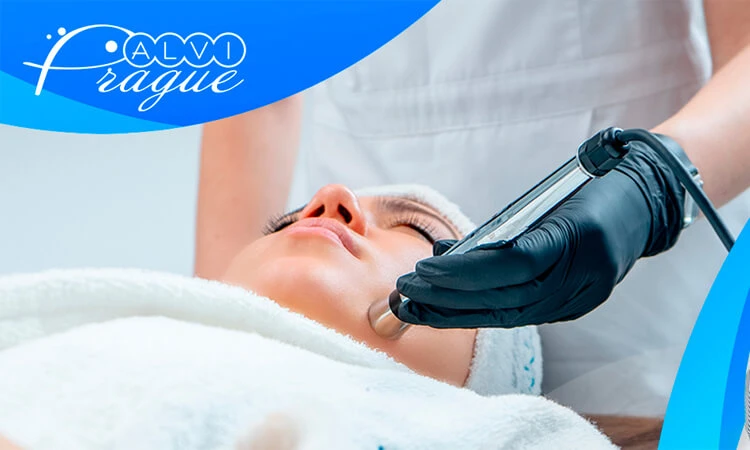







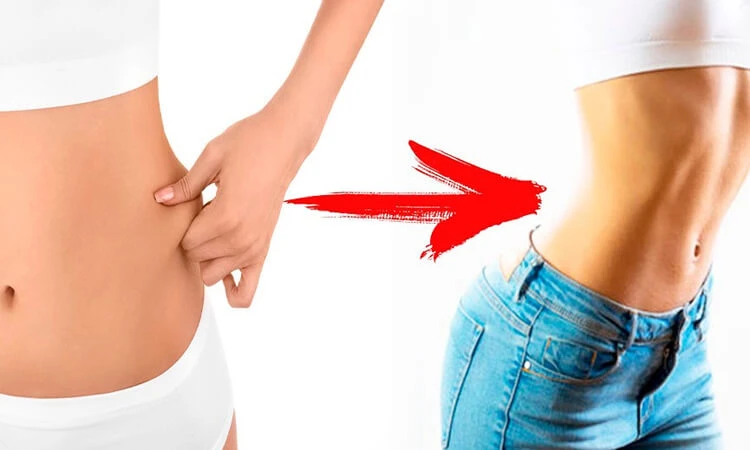
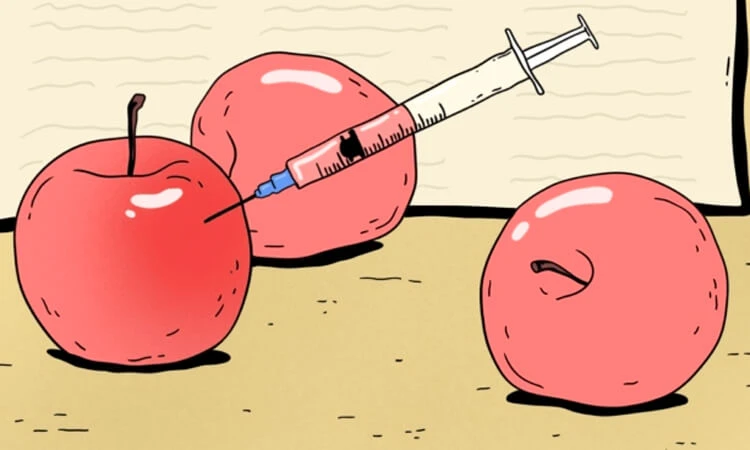
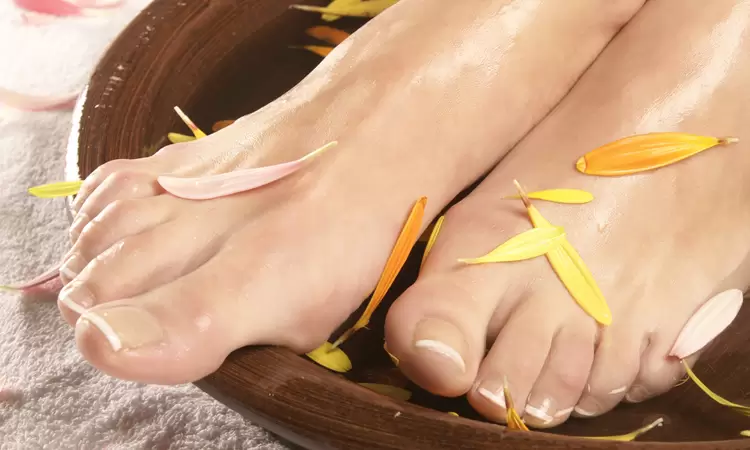

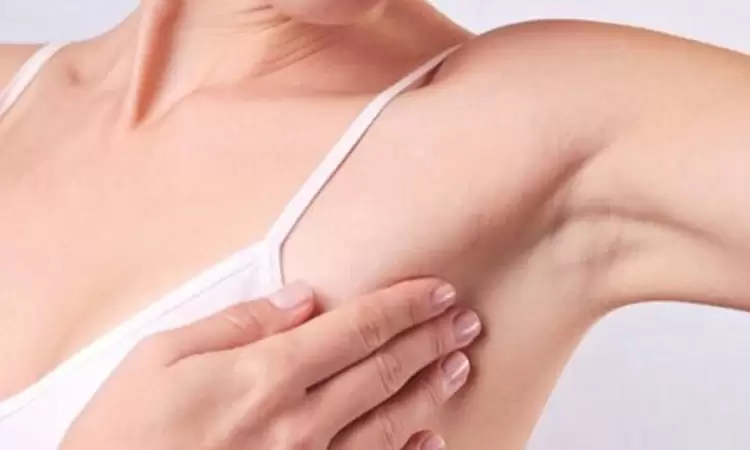
Comments (4)
Other times, treatment may include the use of antiperspirants and sweat management, medications, dietary adjustments, lifestyle changes, and stress management techniques. In more severe cases, surgery may be required to remove the sweat glands.